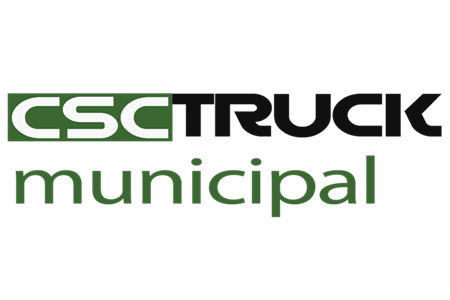Garbage trucks are a ubiquitous sight in urban areas, trundling through the streets day after day, collecting and disposing of our waste. But have you ever wondered if these behemoths of sanitation are ever cleaned themselves? After all, they handle some of the most unpleasant substances we generate as a society. In this article, we will delve into the world of garbage trucks and explore whether they receive the attention they deserve in terms of cleanliness.
Garbage trucks are workhorses of waste management, designed to withstand the harsh realities of their job. Their primary function is to transport and compact garbage from residential and commercial areas, making multiple stops throughout their routes. As they collect trash, garbage trucks become laden with various types of waste, ranging from household garbage to industrial waste and everything in between.
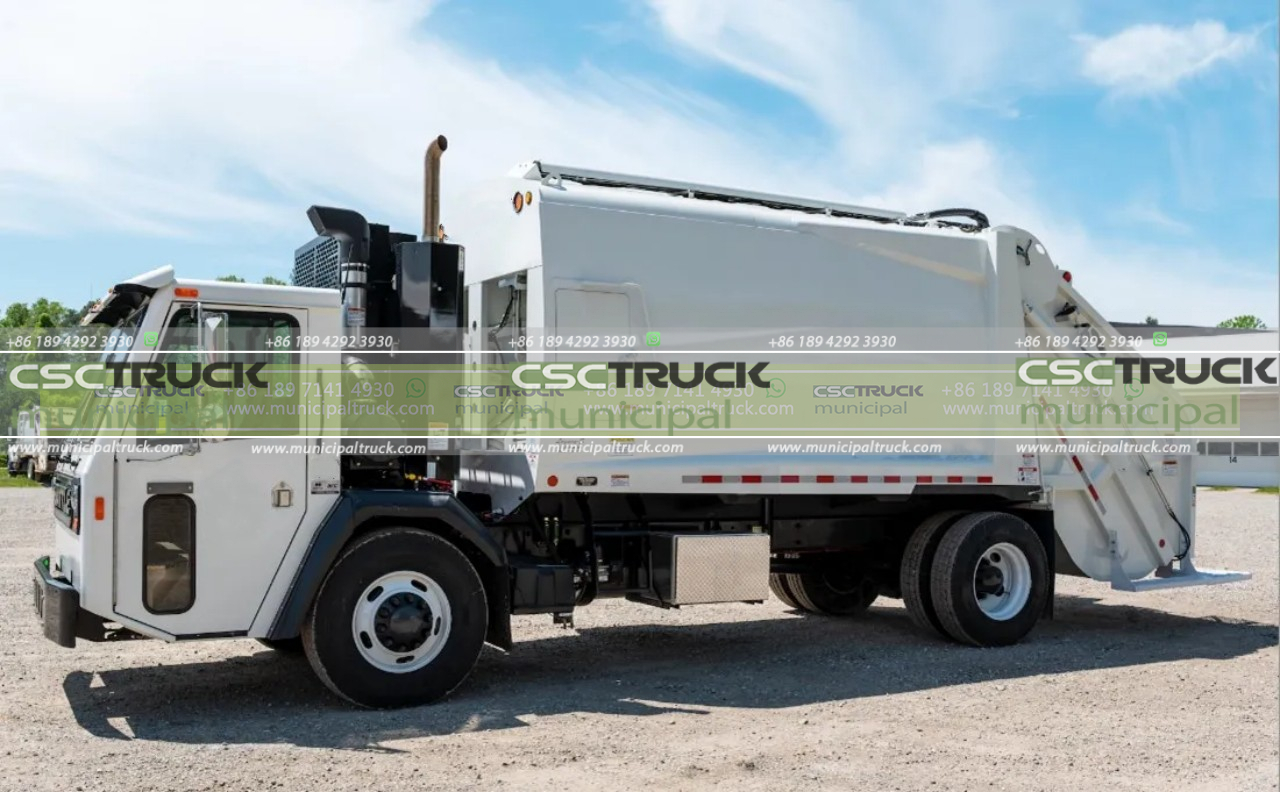
Given the nature of their job, it’s no surprise that garbage trucks can become dirty and odorous quickly. The constant exposure to decaying organic matter, liquids, and other waste materials can accumulate grime, bacteria, and unpleasant odors. Additionally, spills and leaks during collection can further contribute to the uncleanliness of these vehicles.
However, despite their dirty work, garbage trucks do receive regular cleaning and maintenance. Most waste management companies have established protocols for maintaining cleanliness and hygiene standards for their fleet of trucks. These measures are in place to ensure the safety and well-being of the workers operating the vehicles, as well as to prevent the spread of disease and the buildup of foul odors.
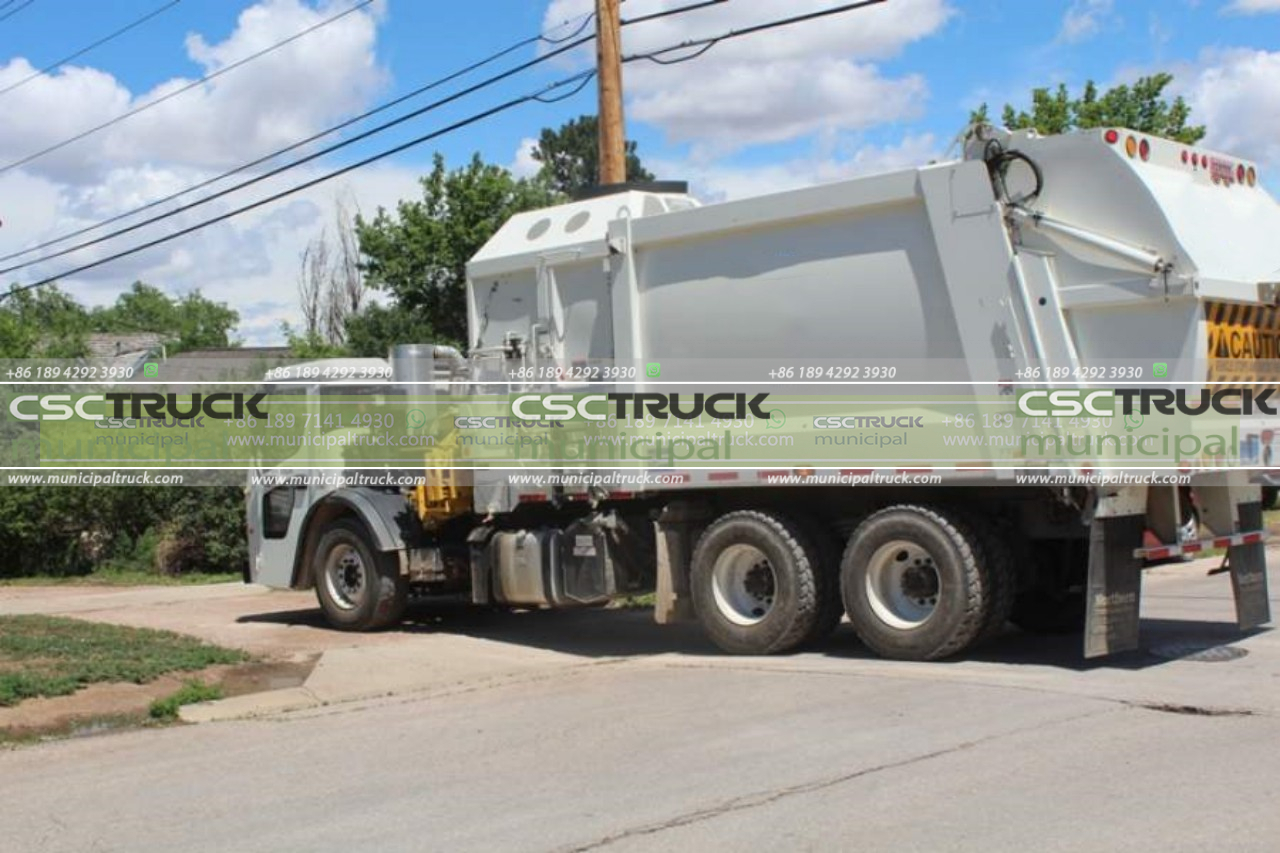
The cleaning process for garbage trucks typically involves a combination of manual labor and specialized equipment. Truck exteriors are often washed using high-pressure water jets or automated washing systems, similar to those used in car washes. This helps remove dirt, grime, and debris from the truck’s surface, making it appear cleaner and more presentable to the public.
However, cleaning the exterior is only the first step. The real challenge lies in dealing with the interior of the garbage truck, where the majority of waste accumulates. Waste management companies employ trained personnel to carry out the cleaning of the truck’s interior. They use various tools, such as power washers and disinfectants, to remove waste residues and kill harmful bacteria.
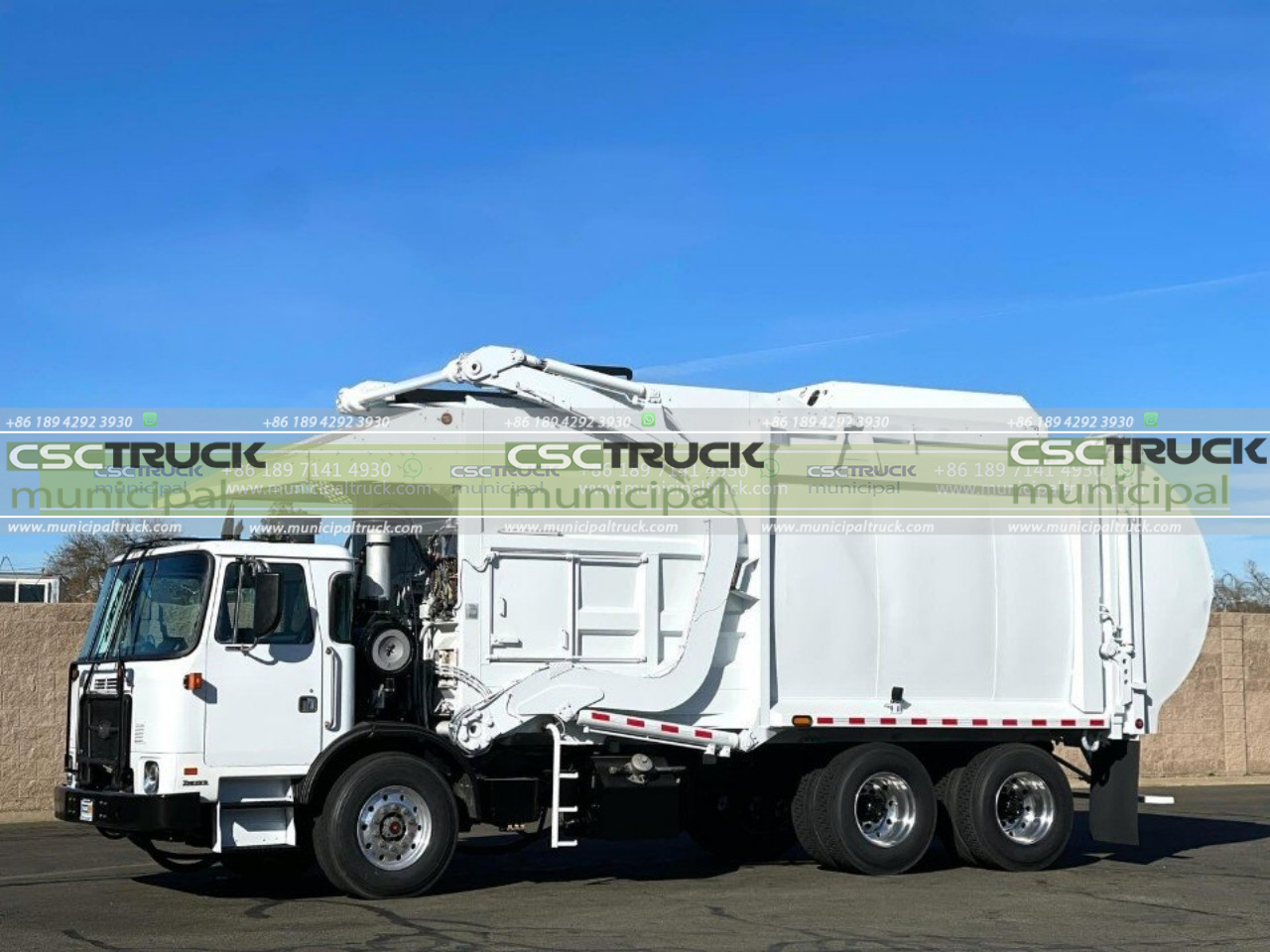
In some cases, garbage trucks may be equipped with automated cleaning systems. These systems use water jets and rotating brushes to clean the truck’s interior while it is stationary, eliminating the need for manual labor. This method ensures thorough cleaning of the truck’s surfaces and reduces the risk of worker exposure to hazardous substances.
The frequency of garbage truck cleaning depends on various factors, including the type of waste being collected, the volume of waste handled, and local regulations. Trucks that deal with hazardous or medical waste may require more frequent and rigorous cleaning procedures to maintain safety standards.
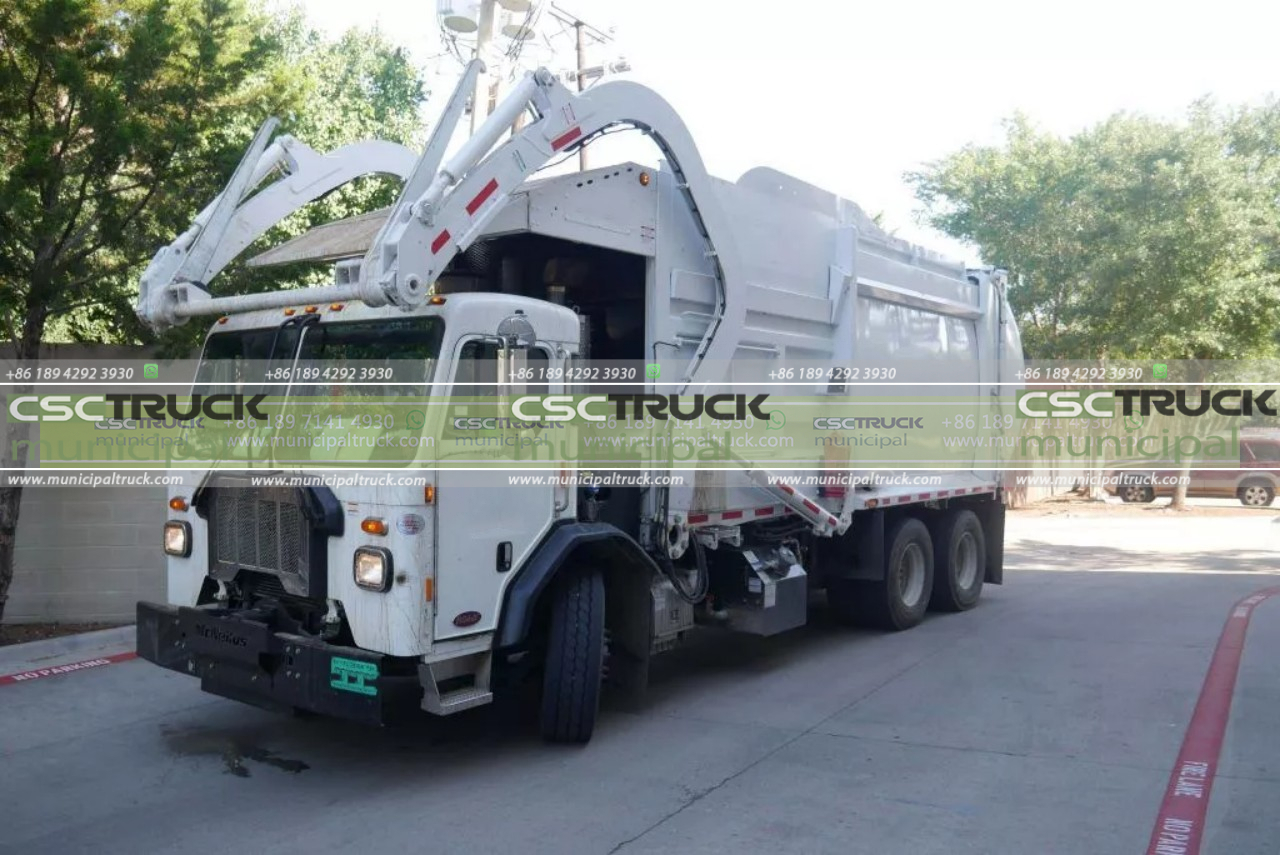
Furthermore, waste management companies often have strict protocols for handling spills or leaks that may occur during collection. In such cases, the affected area of the truck is thoroughly cleaned and disinfected to prevent contamination and the spread of pathogens.
Aside from routine cleaning, garbage trucks also undergo regular maintenance to ensure their optimal functioning. This includes inspecting and repairing mechanical components, such as hydraulic systems and compactors, to prevent breakdowns and delays in waste collection services. Regular maintenance not only improves the lifespan of the truck but also minimizes the risk of accidents or malfunctions that could disrupt waste management operations.
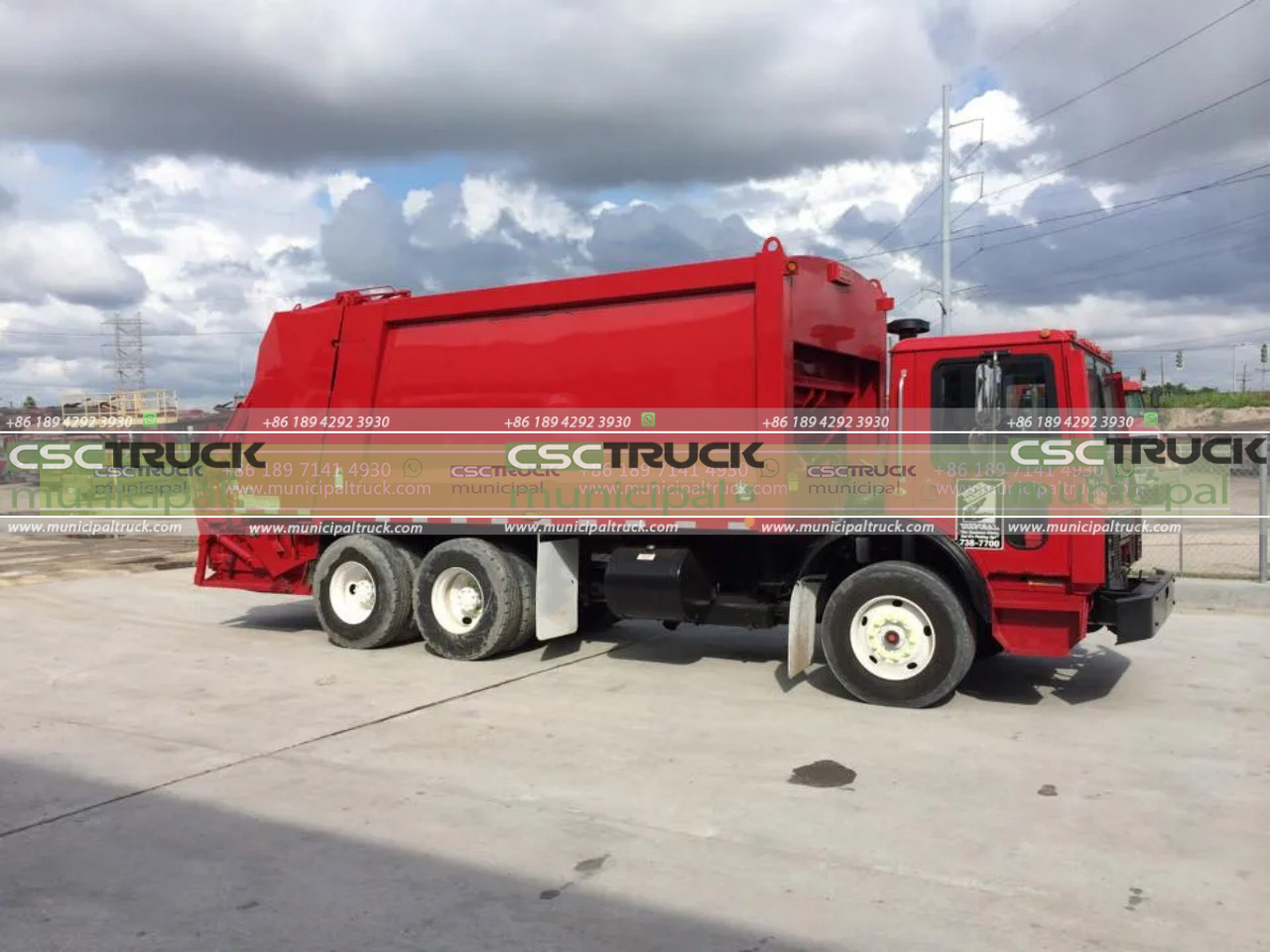
In conclusion, while garbage trucks are undoubtedly exposed to dirt, grime, and unpleasant odors in the course of their duties, they do receive regular cleaning and maintenance. Waste management companies prioritize cleanliness and hygiene to safeguard the well-being of their workers and maintain a professional image. The cleaning process involves both the exterior and interior of the trucks, with specialized equipment and personnel dedicated to ensuring thorough sanitation. By implementing these cleaning and maintenance practices, waste management companies aim to mitigate health risks, prevent the spread of disease, and uphold environmental and public health standards.
Furthermore, the importance of cleaning garbage trucks goes beyond aesthetics and hygiene. Proper sanitation of these vehicles plays a vital role in waste management systems. Unclean trucks can lead to cross-contamination between different types of waste, potentially causing environmental pollution and health hazards. By regularly cleaning and disinfecting garbage trucks, waste management companies minimize the risk of such contamination and ensure the safe transportation and disposal of waste.
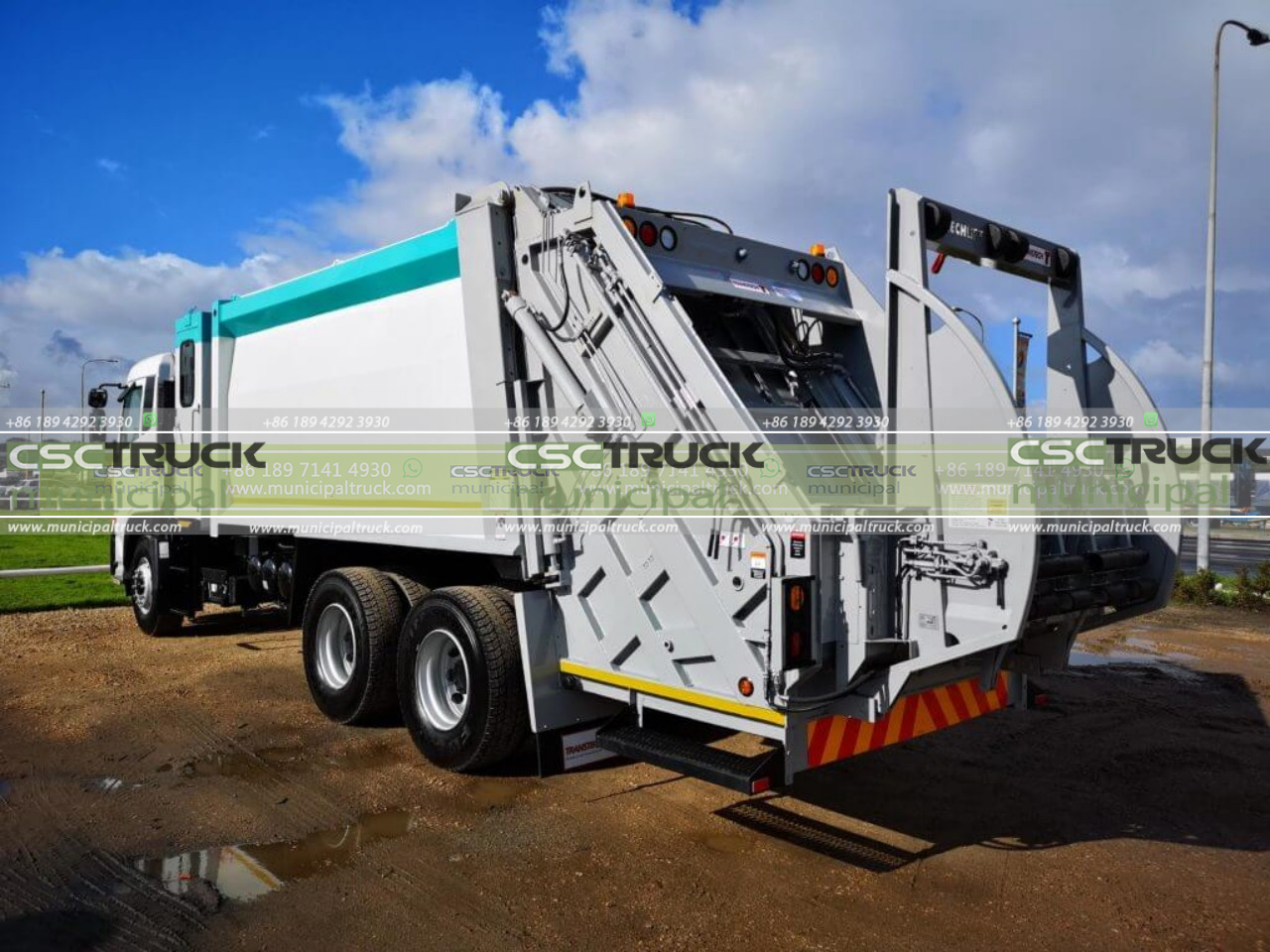
Moreover, clean and well-maintained garbage trucks contribute to a positive public perception of waste management services. When residents witness clean and presentable trucks collecting their waste, it instills confidence in the efficiency and professionalism of the waste management company. This, in turn, fosters trust and encourages residents to participate in waste separation and disposal programs actively.
It’s important to note that cleaning garbage trucks is not solely the responsibility of waste management companies. Municipalities and local governments also play a role in ensuring proper waste management practices, including the cleanliness of garbage trucks. They establish regulations and guidelines for waste management companies to follow, setting standards for cleanliness, maintenance, and disposal of waste.
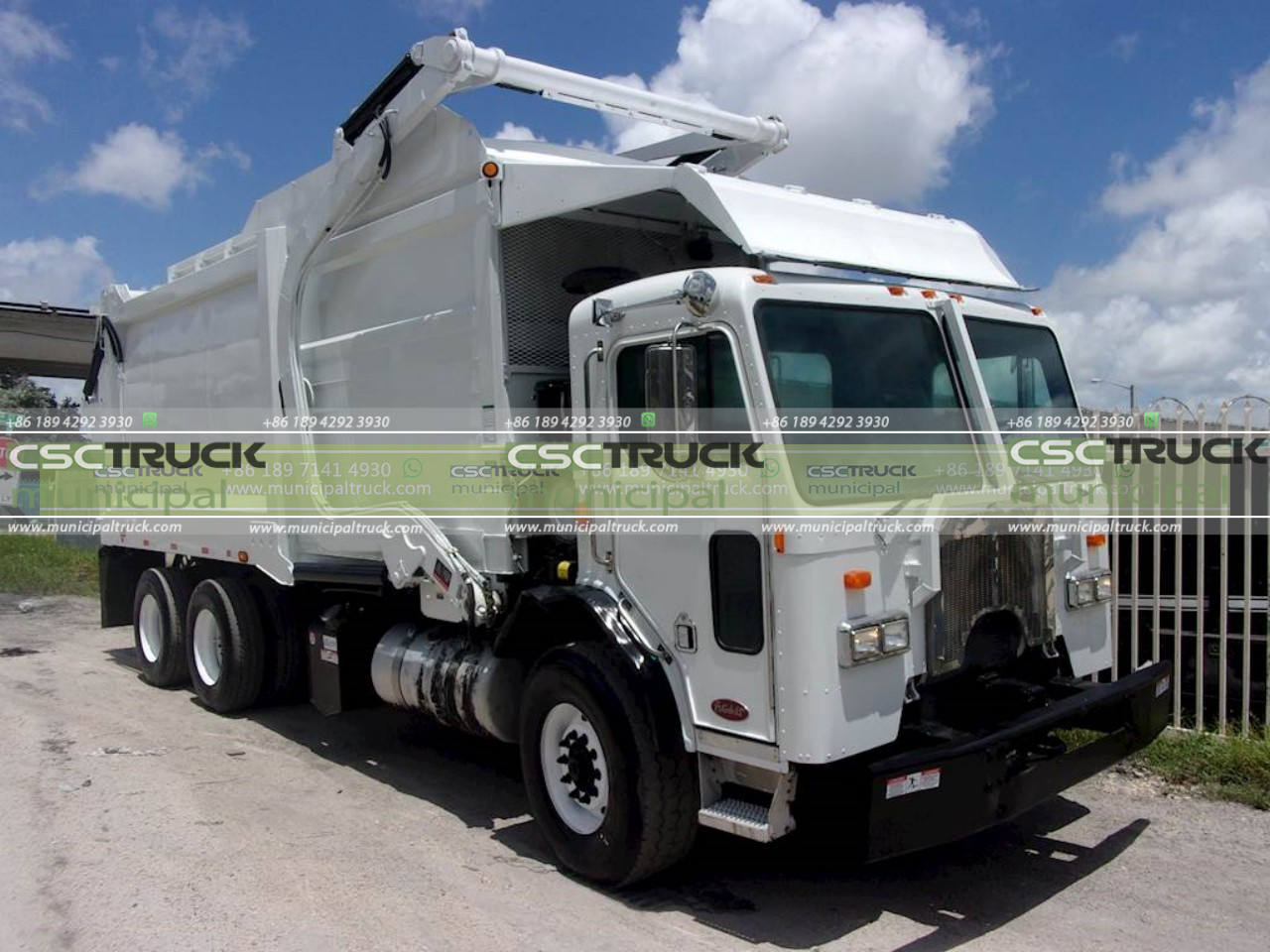
In some cases, waste management companies collaborate with specialized cleaning services that focus solely on the sanitation of garbage trucks. These services have the expertise and equipment to tackle the unique challenges posed by waste residue, odor control, and bacterial contamination. By outsourcing cleaning tasks to these specialized providers, waste management companies can ensure thorough and effective cleaning while maintaining their focus on waste collection and disposal operations.
In recent years, there has been a growing emphasis on environmentally friendly practices in waste management. This trend extends to the cleaning of garbage trucks as well. Many waste management companies have started implementing eco-friendly cleaning products and techniques to minimize the environmental impact of their operations. This includes the use of biodegradable detergents, water recycling systems, and energy-efficient cleaning equipment. By adopting sustainable cleaning practices, waste management companies demonstrate their commitment to environmental stewardship.

In conclusion, the question of whether garbage trucks are ever cleaned has a clear answer: yes, they are. While these vehicles are exposed to dirt, waste, and unpleasant odors, waste management companies prioritize cleanliness and hygiene. Through a combination of manual labor, specialized equipment, and regular maintenance, garbage trucks are thoroughly cleaned to ensure the safety of workers, prevent cross-contamination, and uphold environmental and public health standards. Cleaning practices also contribute to a positive public perception of waste management services. As waste management systems evolve, there is a growing focus on sustainable and eco-friendly cleaning practices, further emphasizing the importance of cleanliness in waste management operations.
Contact us for this municipal truck or similar trucks: [email protected] Call us or What's APP us: +86 189 4292 3930
